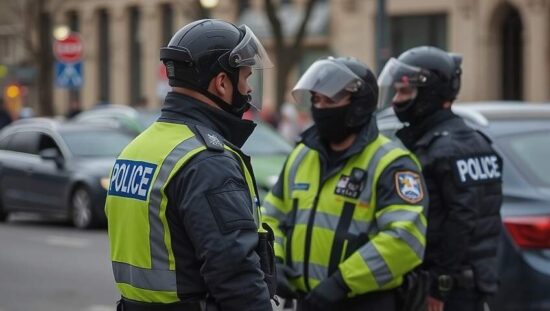Germany’s Afghan Resettlement Program on the Brink of Collapse
The German government’s program to resettle endangered Afghans has nearly come to a standstill, with only a fraction of the expected number of refugees able to enter the country. According to a report by Der Spiegel, around 2,600 individuals with a preliminary acceptance letter are currently stuck in Islamabad, many of whom have been waiting for months or even years.
Since the program’s inception in October 2022, only 1,508 Afghans have been able to resettle in Germany, despite the allocation of up to 30,000 places. Critics, including government officials, lawyers and human rights organizations, are holding the Federal Police responsible for the program’s stagnation.
They accuse the police of deliberately blocking the process, citing excessive security concerns, contradictory verification procedures and the creation of new hurdles. In several cases, the police have rejected passports and visas, even though other authorities had previously cleared them, the report claims.
Furthermore, some Afghans have reportedly been detained in Germany, in some cases due to so-called “proxy passports” despite their identity having been confirmed multiple times. The Federal Police has denied the allegations, citing legal regulations.
Federal Police President Dieter Romann is said to have sharply criticized the program in an interministerial video conference, urging its suspension. While the police deny any active involvement in the decision, they confirm Romann’s attendance.
The Ministry of the Interior temporarily suspended funding for the program without providing an official explanation.
The security interviews conducted by German authorities in Islamabad were suspended due to the conflict between India and Pakistan, even though a ceasefire has since been established. The police forces remain officially “evacuated” and unable to conduct the interviews.
Lawyers and NGOs are speaking out against arbitrary procedures and opaque rejections. In several cases, an unclear or misunderstood response from a family member in the security interview led to the exclusion of entire families.
Many of the affected individuals in Islamabad now live without a valid visa, fearing the impending deportation by Pakistani authorities.





